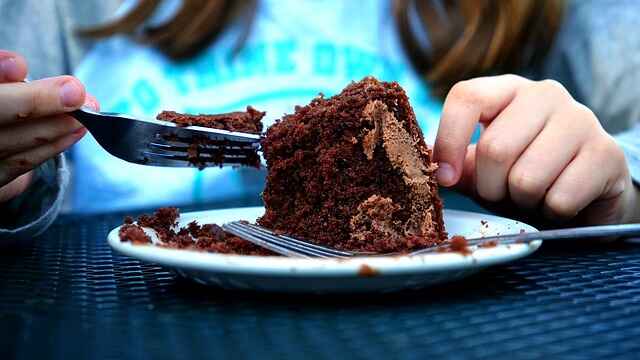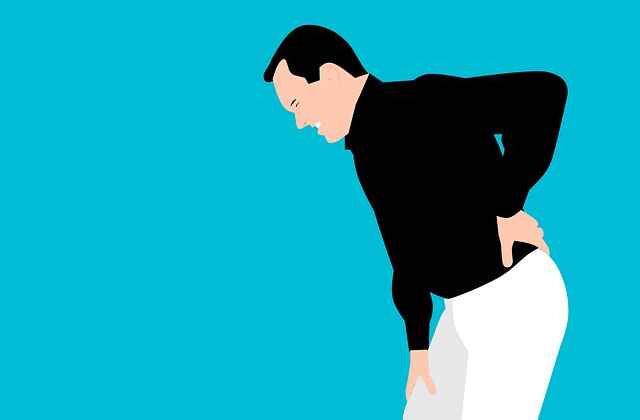High blood pressure is a common condition that affects the body’s arteries. It is also called hypertension. If you have high blood pressure, the force of the blood pushing against the artery walls is consistently too high. The heart has to work harder to pump blood.
It is measured in millimeters of mercury (mm Hg). In general, hypertension is a blood pressure reading of 130/80 mm Hg or higher. Blood pressure greater than 180/120 mm Hg is considered a hypertensive emergency or crisis.
Untreated high blood pressure increases the risk of heart attack, stroke, and other serious health problems. Often people need medication to treat high blood pressure. (Source) However, healthy lifestyle habits such as exercising, not smoking, and eating well can help prevent and treat high blood pressure.
Also, Read: All About Heart Attack: Causes, Symptoms, Diagnosis & Treatment
Here is a list of reasons why your BP shoots up:
1. Too much sugar consumption.
It may be even more important than salt in raising bp, especially in processed forms such as high fructose corn syrup. People with higher amounts of added sugars in their diet see significant increases in both the top and bottom numbers. Just one 24-ounce soft drink causes an average 15-point increase in systolic. In fact, the top number, or the pressure during a heartbeat, and 9 points in diastolic is the bottom number or the pressure between beats.

2. Solitude and loneliness.
Loneliness often leads to chronic stress. When you feel isolated and disconnected from others, it can trigger the body’s stress response, including the release of stress hormones like cortisol. Prolonged stress can contribute to hypertension. It’s important to note that the relationship between loneliness and high blood pressure is complex and can vary from person to person. Not everyone who experiences loneliness will develop hypertension, but it can be a contributing factor.
3. Sleep apnea
People with sleep apnea are more likely to get high bp and other heart problems. When your breathing is repeatedly interrupted during sleep, your nervous system releases chemicals that raise your blood pressure. Plus, you’re getting less oxygen, which could damage blood vessel walls and make it harder for your body to regulate blood pressure.
Also, Read Obstructive Sleep Apnea: Symptoms, Causes, Prevention, and Treatment
4. Lack of potassium
Your kidneys need a balance of sodium and potassium to maintain the right amount of fluid in your blood. So even if you’re eating a low-salt diet, you can still have higher bp if you’re also not eating enough fruits, vegetables, beans, low-fat dairy, or fish. While you might think bananas, broccoli, water chestnuts, spinach, and other leafy greens are the main sources, it’s better to get potassium if you’re watching your weight.
5. Chronic pain and illness.
Persistent pain and illness can lead to emotional distress, including anxiety and depression. These mental health conditions are associated with elevated blood pressure. Some medications used to manage chronic pain and illness can have side effects that raise blood pressure. It’s important to monitor and manage these potential effects under the guidance of a healthcare provider.
Chronic pain and illness can lead to changes in lifestyle, such as reduced physical activity, unhealthy eating habits, and increased stress, which can all contribute to hypertension. Some chronic illnesses are associated with chronic inflammation. Inflammatory processes in the body can impact blood vessel health and contribute to hypertension.
Hypertension is a serious health concern, and managing it is crucial for long-term well-being, especially for those dealing with chronic pain and illness.

6. Thyroid problems
When this gland doesn’t make enough thyroid hormone, your heart rate slows and your arteries dilate less. Low hormone levels can also raise your LDL “bad” cholesterol, another thing that can harden arteries.
Blood flows faster through hard vessels, pushing against the walls and increasing pressure. Although it’s not that common, too much thyroid hormone can make your heart beat harder and faster, which will also increase your numbers.
Also Read: Thyroid Cancer: Symptoms, Causes, Risk Factors, Diagnosis, Prevention, Facts
7. Consumption of too many decongestants
Ingredients like pseudoephedrine and phenylephrine can constrict blood vessels. This means that the same amount of blood has to be pushed through a smaller space as a crowd pushing through a corridor.
These drugs can also reduce the effectiveness of blood pressure medications. Your doctor or pharmacist can help you choose over-the-counter sinus and cold products that are safer if you have high blood pressure.
8. Dehydration- Drink more water!
When your body’s cells don’t have enough water, your blood vessels narrow. This happens because your brain sends a signal to the pituitary gland to release a chemical that shrinks them. And your kidneys pee less to hold on to the fluid you have, which also triggers the tiny blood vessels in your heart and brain to squeeze more.
Lifestyle changes can help control and manage high blood pressure. Your health care provider may recommend that you make lifestyle changes like eating a healthy diet with less salt, getting regular physical activity, maintaining a healthy weight, or losing weight and lowering substance consumption.
Sometimes lifestyle changes are not enough to treat high blood pressure. If these don’t help, your provider may recommend blood pressure-lowering medications for recovery.
Also Read: All About Ischemic Stroke: Causes, Symptoms, Diagnosis, Treatment & Diet





